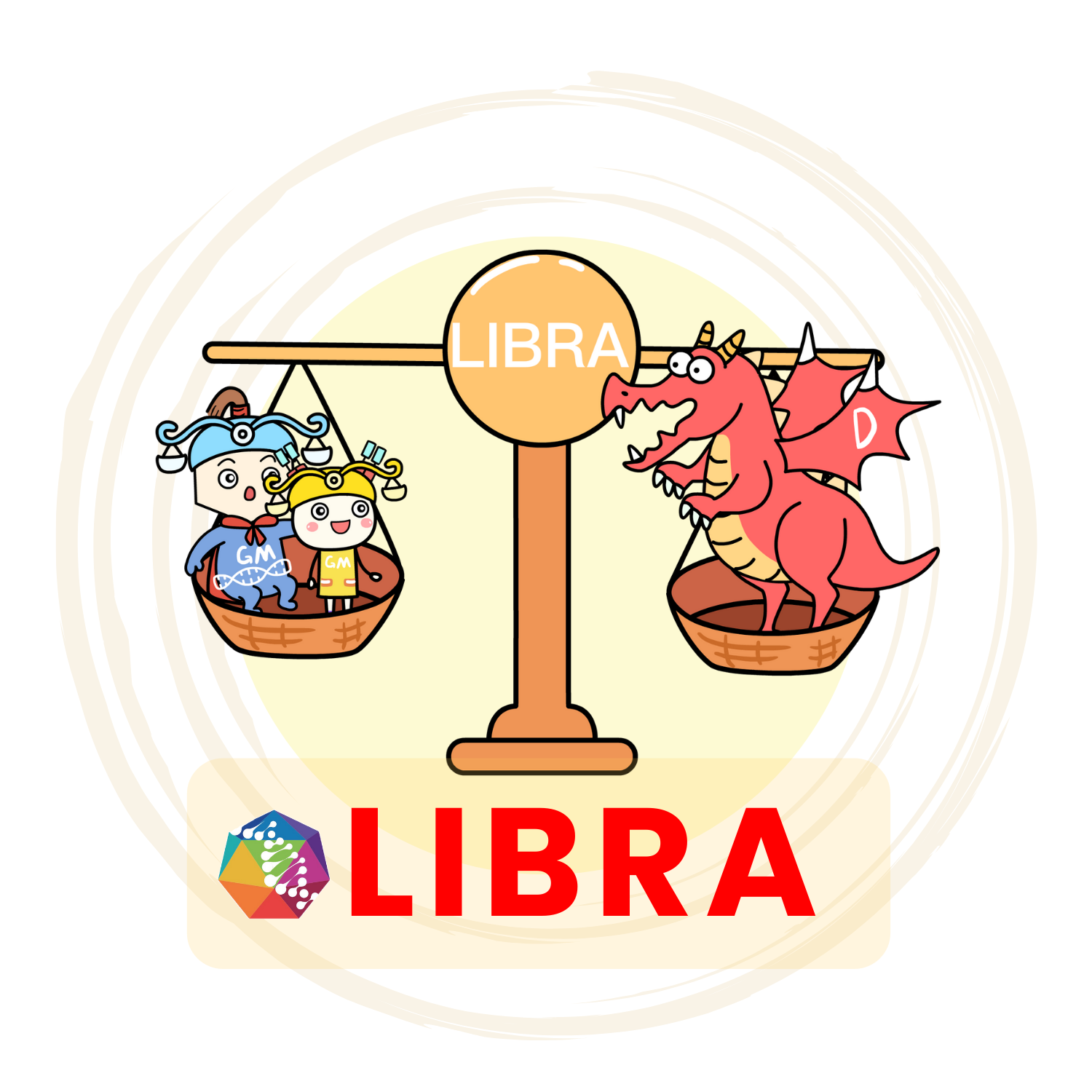Anti-IFT140 monoclonal antibody
Pre-made anti-IFT140 monoclonal antibody(mab)-benchmark antibody for ELISA, affinity binding assay, drug discovery and mechanism of action (MOA) research
 Go to IFT140/IFT140 products collection >>
Go to IFT140/IFT140 products collection >>
(antibodies, antigen, VLP, mRNA, ORF viral vector, etc)
Product information
| Catalog No. | Product Name | Species Reactivity |
|---|---|---|
| GM-Tg-hg-IP2889-Ab-1/ GM-Tg-hg-IP2889-Ab-2 | Anti-Human IFT140 monoclonal antibody | Human |
| GM-Tg-rg-IP2889-Ab-1/ GM-Tg-rg-IP2889-Ab-2 | Anti-Rat IFT140 monoclonal antibody | Rat |
| GM-Tg-mg-IP2889-Ab-1/ GM-Tg-mg-IP2889-Ab-2 | Anti-Mouse IFT140 monoclonal antibody | Mouse |
| GM-Tg-cynog-IP2889-Ab-1/ GM-Tg-cynog-IP2889-Ab-2 | Anti-Cynomolgus/ Rhesus macaque IFT140 monoclonal antibody | Cynomolgus/ Rhesus macaque |
| GM-Tg-felg-IP2889-Ab-1/ GM-Tg-felg-IP2889-Ab-2 | Anti-Feline IFT140 monoclonal antibody | Feline |
| GM-Tg-cang-IP2889-Ab-1/ GM-Tg-cang-IP2889-Ab-2 | Anti-Canine IFT140 monoclonal antibody | Canine |
| GM-Tg-bovg-IP2889-Ab-1/ GM-Tg-bovg-IP2889-Ab-2 | Anti-Bovine IFT140 monoclonal antibody | Bovine |
| GM-Tg-equg-IP2889-Ab-1/ GM-Tg-equg-IP2889-Ab-2 | Anti-Equine IFT140 monoclonal antibody | Equine |
Size: 1mg | 10mg | 100mg
Product Description
| Catalog No. | GM-Tg-hg-IP2889-Ab-1/ GM-Tg-hg-IP2889-Ab-2; GM-Tg-rg-IP2889-Ab-1/ GM-Tg-rg-IP2889-Ab-2; GM-Tg-mg-IP2889-Ab-1/ GM-Tg-mg-IP2889-Ab-2; GM-Tg-cynog-IP2889-Ab-1/ GM-Tg-cynog-IP2889-Ab-2; GM-Tg-felg-IP2889-Ab-1/ GM-Tg-felg-IP2889-Ab-2; GM-Tg-cang-IP2889-Ab-1/ GM-Tg-cang-IP2889-Ab-2; GM-Tg-bovg-IP2889-Ab-1/ GM-Tg-bovg-IP2889-Ab-2; GM-Tg-equg-IP2889-Ab-1/ GM-Tg-equg-IP2889-Ab-2 |
| Products Name | Anti-IFT140 monoclonal antibody |
| Format | mab |
| Target Name | IFT140 |
| Protein Sub-location | Introcelluar Protein |
| Category of antibody | |
| Derivation (species) | Mouse |
| CH1+2+3 Isotype (Receptor identification) | IgG |
| Type of Light Chain (VD-LC) | N/A |
| Expression platform | Mammalian Expression |
| Bioactivity validation | Binding affinity is validated by ELISA with recombinant soluble protein antigen. The potency in neutralizing, inhibiting or blocking of the target protein is not detected. |
| Tag | Fc |
| Products description | Pre-made anti-IFT140 monoclonal antibody(mab) is expressed by mammalian cell line as a benchmark antibody for cell culture, ELISA or other affinity binding assay or functional assay development, animal model development, PK/PD model development (Pharmacokinetics & Pharmacodynamic) |
| Purity | Purity: ≥95% (SDS-PAGE) |
| Application | Biological drug disovery including cell culture, assay development, animal model development, PK/PD model development (Pharmacokinetics & Pharmacodynamic) and mechanism of action (MOA) research. |
| Formulation & Reconstitution | Lyophilized from GM's Protein Stability Buffer2 (PSB2,Confidential Ingredients) or PBS (pH7.4); For PSB2, reconstituted with 0.9% sodium chloride; For PBS, reconstituted with ddH2O. |
| Storage | Store at -20℃ to -80℃ under sterile conditions. Avoid repeated freeze-thaw cycles. |
Reference
Data / case study
Click to get more Data / Case study about the product.
Associated products
| Category | Cat No. | Products Name |
| Target Antigen | GM-Tg-g-IP2889-Ag-1 | Recombinant multi-species IF140/ IFT140/ MZSDS protein |
Target information
| Target ID | GM-IP2889 |
| Target Name | IFT140 |
| Gene ID | 9742,106633,100362124,701568,490075,101084760,100139697,100065433 |
| Gene Symbol and Synonyms | c305C8.4,c380F5.1,gs114,IFT140,mKIAA0590,MZSDS,RP80,SRTD9,Tce5,WDTC2 |
| Uniprot Accession | Q96RY7 |
| Uniprot Entry Name | IF140_HUMAN |
| Protein Sub-location | Introcelluar Protein |
| Category | |
| Disease | N/A |
| Gene Ensembl | ENSG00000187535 |
| Target Classification | N/A |
The target: IFT140, gene name: IFT140, also named as MZSDS, RP80, SRTD9, WDTC2, c305C8.4, c380F5.1, gs114. This gene encodes one of the subunits of the intraflagellar transport (IFT) complex A. Intraflagellar transport is involved in the genesis, resorption and signaling of primary cilia. The primary cilium is a microtubule-based sensory organelle at the surface of most quiescent mammalian cells, that receives signals from its environment, such as the flow of fluid, light or odors, and transduces those signals to the nucleus. Loss of the corresponding protein in mouse results in renal cystic disease. [provided by RefSeq, Jun 2012].
About Gmab


GMab, developed by GeneMedi, constitutes an advanced library of recombinant monoclonal antibodies, each meticulously designed to target specific molecular entities. Leveraging the sophisticated capabilities of GM’s Taurus™ and LIBRA™ platforms, GMab synthesizes antibodies characterized by high binding affinity, exceptional physicochemical stability, and optimal developability profiles.
Through expression in mammalian cell lines, GMab has been established as a paradigmatic reference antibody. It holds significance in myriad domains of biological drug discovery, encompassing cellular cultivation, innovative assay methodologies, strategic animal model systematization, in-depth pharmacokinetic & pharmacodynamic (PK/PD) modeling, and intricate mechanism of action (MOA) investigations.






